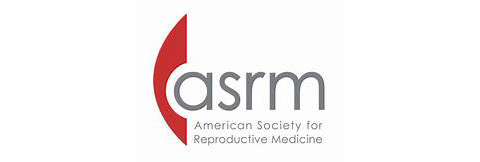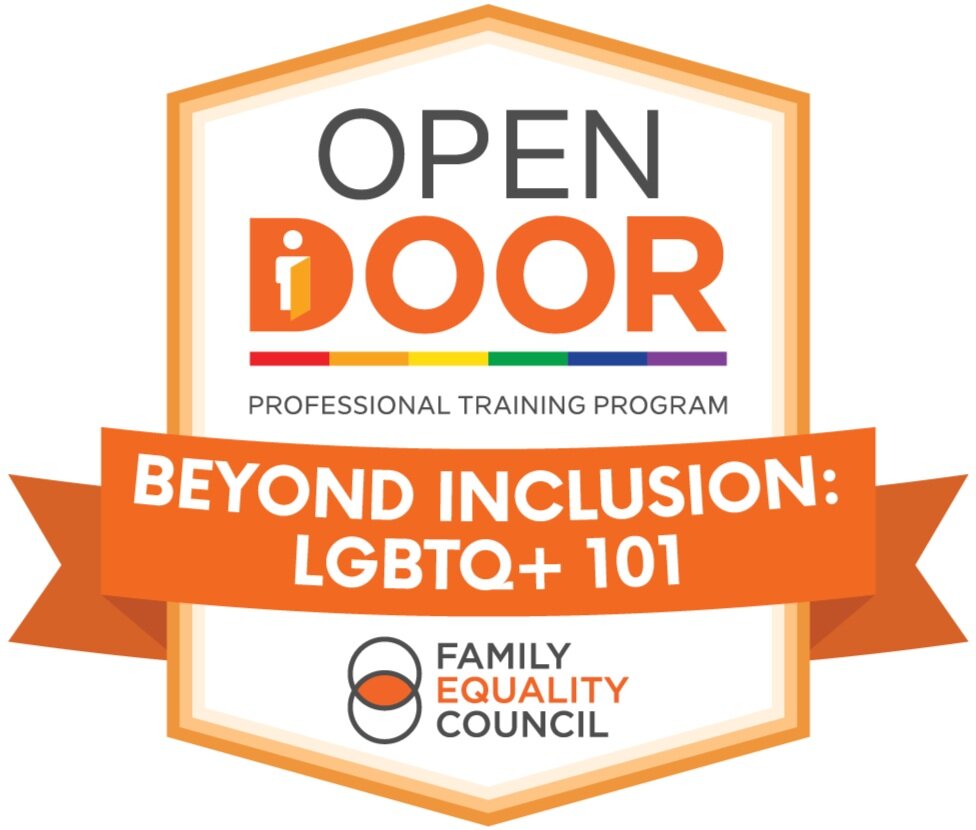“There is, I am convinced, no picture that conveys in all its
dreadfulness, a vision of sorrow, despairing, remediless, supreme.
If I could paint such a picture, the canvas would show only
a woman looking down at her empty arms.”
-Charlotte Bronte
As Mother’s Day approaches, I’ve been speaking with several of my clients who’ve struggled to become mothers and/or have lost a child in utero about what this day means to them and how they feel. I’d like to share some of the themes that have emerged through our discussions.
Unfair. For many women, the veneration of mothers on this day is deeply painful. Feelings of anger, irritation, envy, and confusion arise. Why me? Why haven’t I become a mother after so much effort? Why did I lose this much sought-after pregnancy? The women I see in my practice have typically spent months, sometimes years, trying to birth a healthy baby. They may have sacrificed tremendous time, energy, and spent the reserves of their emotional and financial resources to try to conceive. They may have given birth and held a dead baby in their arms. The legacy of their losses becomes their new reality, and they must learn to navigate the world with the constant presence of someone’s absence. This, my friends, is unfair.
Isolation. Infertility and/or pregnancy loss is often a silent struggle. Research reports that women who are struggling to become mothers experience increased feelings of anxiety, depression, isolation, shame, guilt, and loss of control. Depression levels in people with infertility have even been compared with patients who have been diagnosed with cancer, and couples tend to report that infertility or pregnancy loss have been the “most difficult” events in their lives thus far. This silent sorority of women is estimated to affect 1 in 8 couples (or 12% of married) who struggle to get pregnant or sustain a pregnancy (Rooney & Domar, 2018). That’s roughly the size California, folks! And yet, we don’t talk about it enough, and that’s especially true for men. Sadly, when these discussions do come up, well intended yet uninformed family, friends, or coworkers can say thoughtless, hurtful comments. This can further the cycle of silence.
Grief/Loss. If you wonder what that constant tension is in your body, that heavy feeling that sits on your chest – it’s grief. Feelings of anger, depression, anxiety, fear – all different colors of grief expressed. Loss is ever present in the stories of those struggling to create their families, and it doesn’t just disappear when a baby arrives. For some of my clients, the losses can be layered, so let’s take a look at some of them:
What’s been lost?
· Loss of the experience of pregnancy and birth – you feel you are missing out on one of the most miraculous events of life
· Loss of sense of belonging – you don’t quite fit amongst your friends, family, or society at large
· Loss of being in control – of your body – of your life. This wasn’t how it was supposed to be
· Loss of feeling healthy and normal – your identity shifts from “healthy person” to “infertility patient”
· Loss of feeling competent – you feel you can no longer achieve what you set out to do
· Loss of sexual intimacy, identity, and privacy – what had been the most private and intimate acts is now public
The Eagles band has a song titled “Hole in the World” and I think it certainly applies here -
There's a hole in the world tonight
There's a cloud of fear and sorrow
There's a hole in the world tonight
Don't let there be a hole in the world tomorrow
Identity Disruption. Talking with a client who had experienced three recurrent pregnancy losses in the recent past, she noted how her relationship to mother’s day had not transitioned the way she expected, from honoring your mother figure to honoring yourself as a mother. She further described feeling excluded from parenthood and being relegated to still sit at the “kid’s table.” For so many women, they had constructed (whether conscious or unconscious) a reproductive narrative, a story of the family they would have one day and the role they would play in that family. And this story can be largely influenced by the dominant cultural narrative regarding becoming an adult – separating from your parents, establishing your own residence, taking responsibility for your life, and creating your own family. Being denied these important rites of passage and roles can be experienced as an existential crisis. Who am I? Where do I belong?
Heroism. The people that I’ve had the privilege to work with during their parenting journey are nothing short of courageous as they attempt to create life against the odds. Some of those people came home with a baby, while others made the heartbreaking decision to be childless due to financial constraints and/or unwillingness to undergo fertility treatments. Some of them only have pictures of the child that never breathed air. As Dr. Ilona Laszlo Higgins expressed in her book “Creating Life Against the Odds,”
The struggle of these individuals to create and nurture children goes well beyond the desire to produce a new generation in one’s own image, or to have a living repository for one’s inheritance. It is about the sense of completion that comes from the conscious commitment to be responsible for the well being of another. It is the wisdom that comes from the ashes of loss, translated into new life. (Intended) parents such as these set an example for all of us about the hard work of love.
I wholeheartedly agree. Society often pathologizes and judges the lengths these folks go to in order to become parents. I’ve had several clients exclaim, “I would never do that,” and then when faced with no other alternative, start down the path they said they would never go. To me, these individuals aren’t crazy, they’re heroes. They are willing to recreate their story and consider what could be versus what should have been. They grieve their losses and nurture their wounds, then carry on.
On this day, it is my hope you can do the following for yourself:
1. Practice being with grief, in whatever form it takes, unconditionally and nonjudgmentally. Be with your deeply wounded self.
2. Acknowledge that there’s a missing piece to your life puzzle. A hole in your world.
3. Take good care of yourself. Far from being selfish, self-care in grief is courageous.
4. Forgive yourself. You did nothing wrong.
5. Create a ritual to acknowledge what or who is missing. Write a letter, bury an object, say a prayer, light a candle, carry flowers, whatever honors the void. Ritual acts, whether private or public, are ways in which we give way to the feelings of love, pain, and connection.
My deepest gratitude to the clients that assisted me in writing this blog. Thank you for sharing your beautifully painful stories.
References/Recommended further readings:
Cacciatore, J. (2017). Bearing the unbearable: love, loss, and the heartbreaking path of grief. Wisdom Publications, Somerville, MA.
Fast Facts About Infertility. Available at: http://www.resolve.org/about/fast-facts-about-fertility.html. Resolve: The National Fertility Association.
Higgins, I. L. (2006). Creating life against the odds: the journey from infertility to parenthood. Xlibris Corporation.
Jaffe, J., Diamond, M., & Diamond, D. (2005). Unsung lullabies: understanding and coping with infertility. St. Martin’s Press, New York, NY.
Rooney, K. & Domar, A. (2018). Dialogues Clin Neurosci. Mar; 20(1): 41–47.









